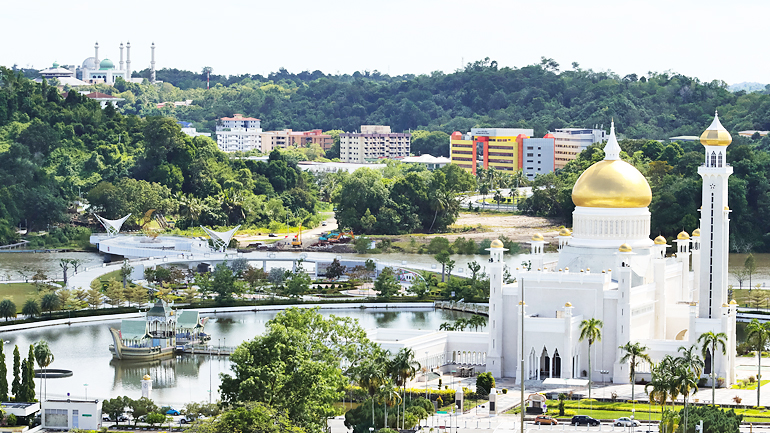Azlan Othman
Brunei Darussalam ranked fifth in Muslim women-friendly destinations, according to Global Muslim Travel Index (GMTI) 2023 published this month.
Malaysia led the Muslim women-friendly destination, underscoring its well-rounded appeal to Muslim women in terms of safety, no faith restrictions, and sustainable socio-economic practices. Following closely is Indonesia, which mirrors Malaysia’s score almost identically, signifying its comprehensive efforts to create a Muslim women-friendly environment.
Brunei dropped three places to 15th place with a score of 62 in overall ranking in the index.
Nonetheless, the Sultanate scored high in faith restrictions, prayer places and services at airport but dropped in destination marketing, connectivity and enabling climate.
The annual report analyses data across nearly 140 countries to offer insights into which destinations best meet the needs of the growing halal travel segment. The index assesses destinations across four key criteria: access, communications, environment, and services.

Brunei was ranked 9th in the category of services, Indonesia, Malaysia, and Saudi Arabia were the top three destinations, demonstrating their commitment to providing exceptional services tailored to Muslim travellers’ needs.
As the travel ban imposed due to the COVID-19 pandemic ended, the global travel industry is making a strong comeback, exhibiting promising progress over the past year. The re-opening of international tourism gates has instilled a considerable boost in travellers’ confidence and freedom to explore, resulting in a notable surge in tourism activities.
Some destinations have capitalised on the opportunity by enhancing connectivity, implementing impactful marketing and promotion campaigns, fostering a supportive atmosphere, and upgrading facilities to better cater to Muslim travellers’ needs.
According to the GMTI, Muslim international arrivals hit 110 million in 2022 and are forecast to reach 140 million this year. By 2028, Muslim arrivals are expected to reach 230 million, with projected expenditure of USD225 billion.
Currently, Asia leads the way for arrivals, with more than 31 per cent of all travellers to the region identifying as Muslim.





